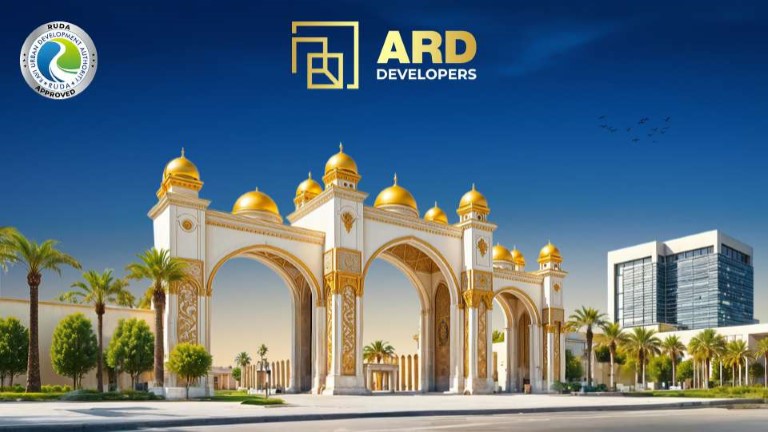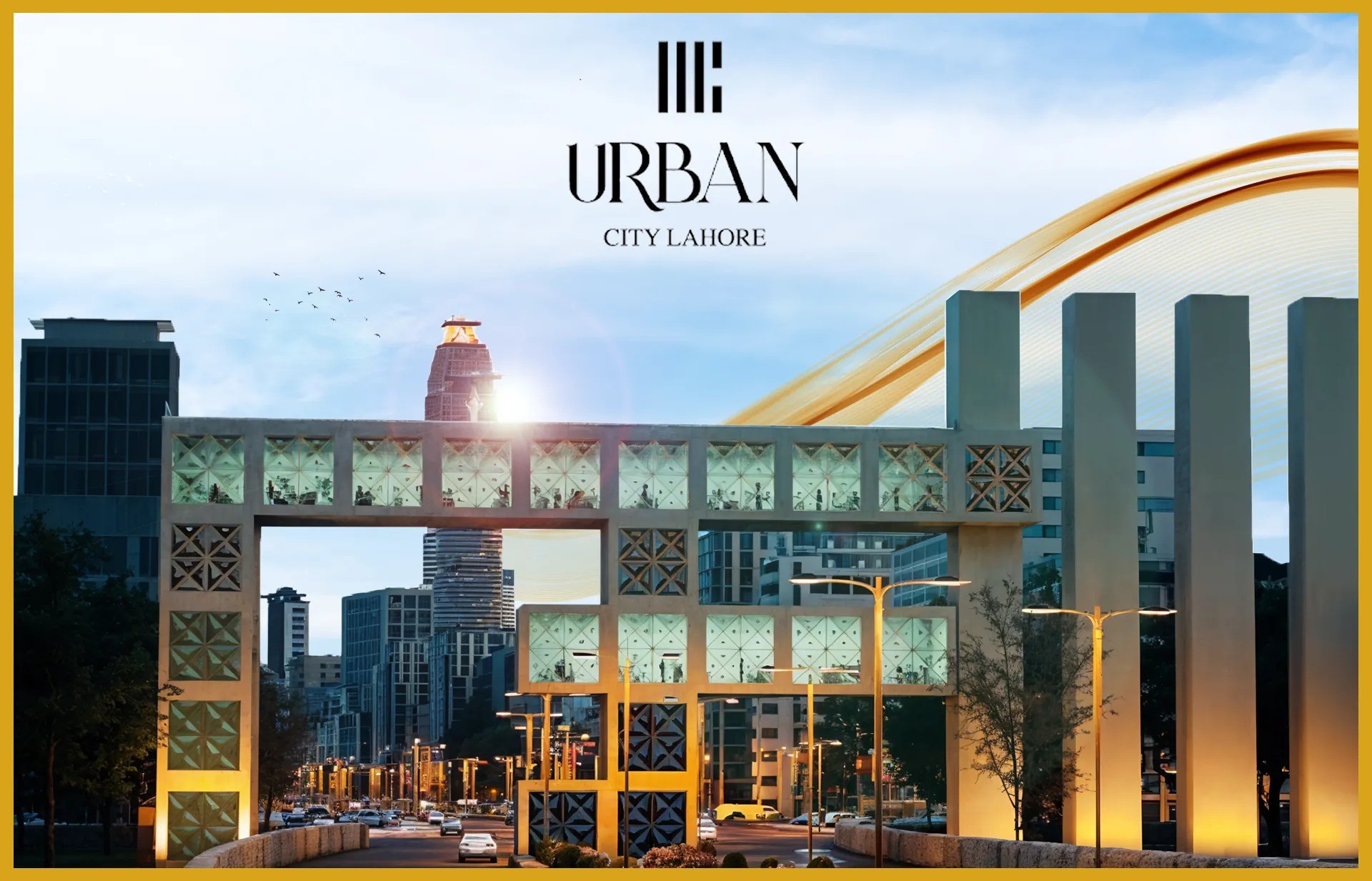Dubai remains a global magnet for real estate investment, with 2025 poised to continue attracting both expatriate residents and international investors. However, making a well-informed property decision begins with a clear understanding of the available ownership structures.
Whether your aim is personal occupancy, rental income, or long-term asset growth, distinguishing between freehold and leasehold ownership can significantly impact your investment outcome.
This guide outlines the key elements of property ownership in the UAE, provides a comparison between freehold and leasehold models, and helps you align your choice with your financial and lifestyle objectives.
Overview: Property Ownership Categories in Dubai
Dubai’s property laws permit two primary forms of ownership—freehold and leasehold—with eligibility and rights varying by nationality and property location.
- Freehold ownership grants full legal rights over both the property and the land beneath it. Foreign nationals can purchase in specially designated areas.
- Leasehold ownership offers long-term occupancy rights—usually between 10 and 99 years—while the land remains under the ownership of the freeholder.
These property rights are governed by the Dubai Land Department (DLD), with specific guidelines applicable to UAE citizens, GCC nationals, and foreign buyers.
What Is Freehold Ownership in Dubai?
Freehold properties provide purchasers with absolute and perpetual ownership of both the residence and the plot it sits on. Owners are free to:
✔ Sell
✔ Lease or sublease
✔ Renovate or rebuild (subject to planning approval)
✔ Transfer ownership via inheritance
This ownership model is highly popular with foreign investors due to its security, flexibility, and eligibility for residency programs such as the UAE Golden Visa.
Prominent Freehold Locations in Dubai
- Dubai Marina
- Downtown Dubai
- Arabian Ranches
- Mirdif Hills
View the complete list of Dubai’s freehold zones for expat buyers.
Freehold properties offer the strongest potential for long-term appreciation, making them ideal for investors seeking asset security and resale liquidity.
What Is Leasehold Ownership in Dubai?
Leasehold arrangements provide the right to use a property for a fixed term, commonly ranging from 10 to 99 years, while the land remains under the ownership of the original developer or landowner.
Although leasehold contracts can include options for renewal, these terms vary and are not guaranteed. Owners may face limitations on alterations, subleasing, or resale, depending on the lease terms.
Common Leasehold Areas in Dubai
- Umm Suqeim
- Jumeirah
- Al Barsha
Explore Dubai’s key leasehold districts and ownership terms.
Leasehold can be a viable route for those seeking access to premium locations not available under freehold regulations, particularly when prioritising lifestyle over long-term investment.
Freehold vs Leasehold: Key Differences Explained
Ownership Rights
- Freehold: Full control over the property and land; owners can make decisions independently.
- Leasehold: Rights are time-bound and may come with restrictions on modifications or leasing.
Inheritance and succession planning are typically more straightforward with freehold properties.
Duration of Tenure
- Freehold: Indefinite ownership with no expiry.
- Leasehold: Fixed tenure (10–99 years) with renewals subject to agreement and fees.
Leasehold renewals can involve negotiations, legal review, and additional financial commitments.
Fees and Legal Charges
Freehold:
- DLD registration fee: 4% of the purchase value
- Title deed issuance
- Oqood registration (for off-plan properties)
Leasehold:
- Potentially lower upfront costs
- Periodic lease payments
- Renewal and administrative fees (if applicable)
Both ownership types are subject to annual service and maintenance charges, which vary by property.
Mortgage & Financing
- Freehold properties are widely accepted by UAE banks and qualify for standard mortgage products with extended terms.
- Leasehold units may face financing limitations. When available, mortgages typically carry:
- Shorter repayment durations
- Tighter eligibility criteria
Financing approval is often influenced by the remaining lease period.
Investment Appeal & Resale Value
Freehold:
✔ Higher resale potential
✔ Preferred by overseas buyers
✔ Eligible for UAE residency programs
✔ More predictable long-term capital appreciation
Leasehold:
✔ Access to prestigious zones at lower entry cost
✔ Less optimal for resale or appreciation
✔ Suitable for short- to mid-term residence
Which Ownership Type Best Suits Your Needs?
Freehold Is Ideal For:
- International buyers
- Long-term residents
- Investors pursuing capital growth or rental income
- Individuals seeking UAE Golden Visa benefits
Leasehold May Suit:
- GCC nationals or short-term residents
- Buyers focused on lifestyle or location
- Budget-conscious investors seeking temporary solutions
When selecting a property type, evaluate your holding period, financial goals, and location preferences to align with the most suitable structure.
Refer to our Dubai Property Investment Strategy Handbook for additional insights.
Key Pitfalls for Foreign Investors to Avoid
Dubai remains an attractive market for international property buyers, but some avoidable missteps can derail investment returns. Be cautious of:
- Assuming unrestricted access: Not all communities permit freehold purchases by foreigners.
- Neglecting due diligence: Assess developer credibility, service fees, and historical performance.
- Ignoring exit strategies: Consider the ease of resale or leasing potential upfront.
- Underestimating ongoing costs: Budget for service charges, community fees, and maintenance.
For non-resident investors, working with a licensed real estate consultant is essential to ensure full legal compliance and to mitigate long-term risk.
Final Thoughts
Whether you’re investing in Dubai for lifestyle reasons or portfolio growth, choosing the right ownership structure is foundational. While freehold properties generally offer superior control and appreciation potential, leasehold opportunities can provide flexibility and location advantages at more accessible prices.
By understanding your objectives and the distinctions between freehold and leasehold options, you can enter the Dubai real estate market with clarity, confidence, and a strategic edge.







